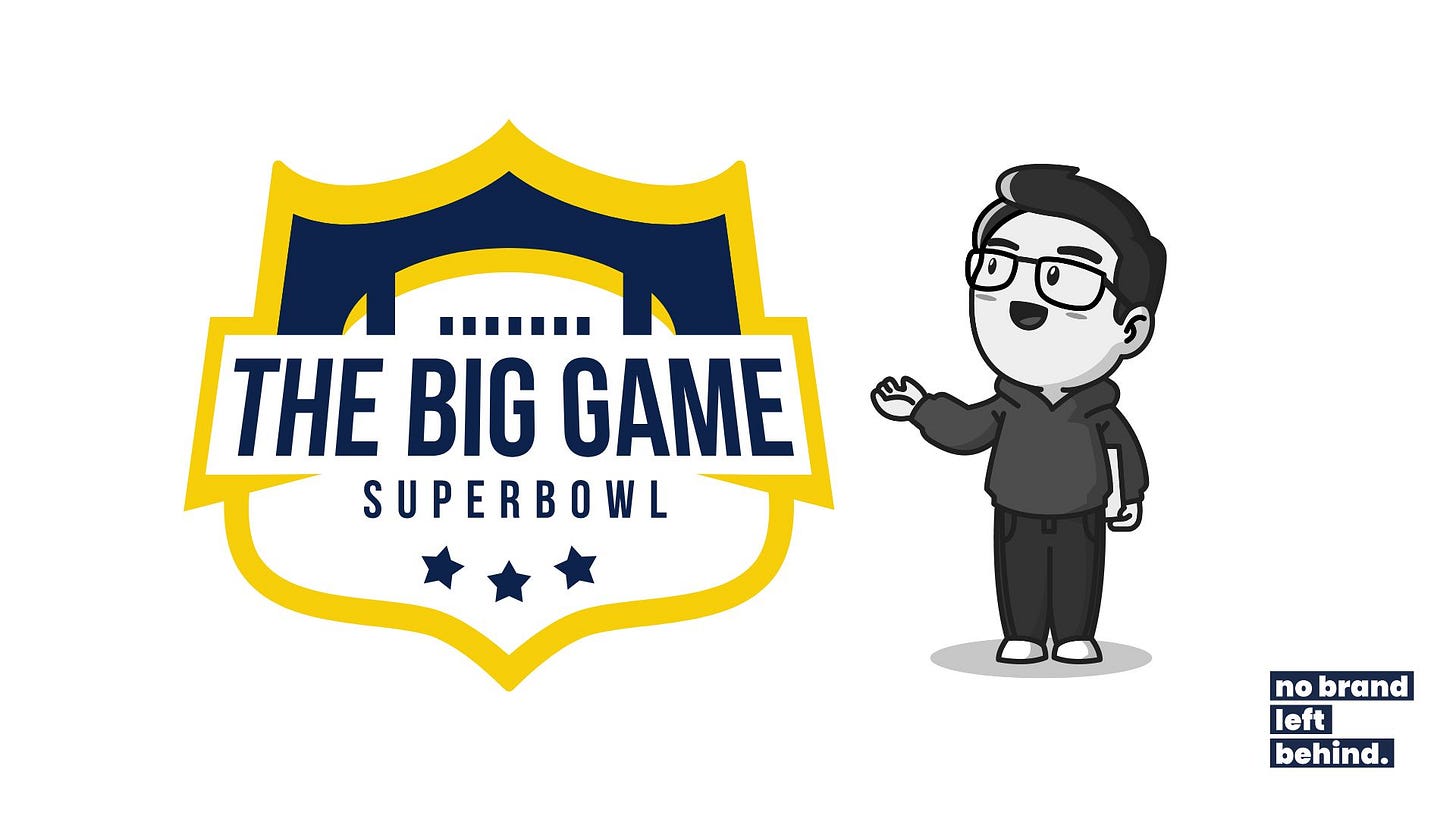The Big Game
From 1.25 billion chicken wings devoured to $13 billion in economic impact, the Super Bowl is a cultural juggernaut fueled by massive viewership, eye-popping ad dollars, and passionate fans.
Put your helmet on because this week we're diving headfirst into the Super Bowl - that annual whirlwind of athleticism, entertainment, and cultural hoopla that's more than just a football game. It's a global phenomenon, a spectacle that grabs hold of our attention and refuses to let go.
As someone who grew up outside of the US, I didn't truly appreciate…

